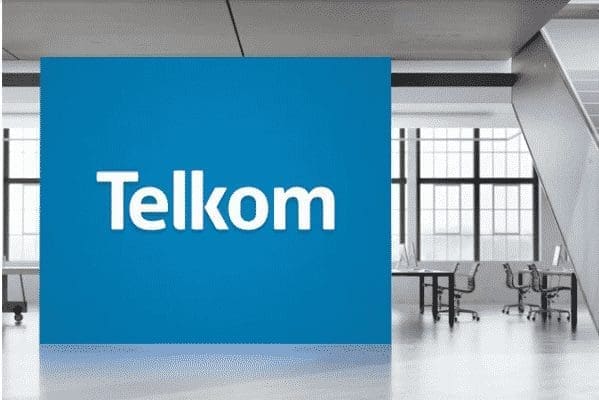ISPA, South Africa's official internet industry representative body (IRB), has questioned the recently announced aggressive reduction in landline call charges.
ISPA also requires a planned convergence of mobile and fixed-line call termination rates to eventually achieve parity.
A call termination fee is a fee charged by a telecommunications network to ensure that a call originally placed by a subscriber on one network can reach or terminate a subscriber on another network. These costs are worth investigating because they are most often passed on to the final communications consumer.
The Independent Communications Authority of South Africa (ICASA) has changed the cost of landline calls in South Africa to the cost of mobile calls, in a move contrary to its own research findings* which found that fixed and mobile services have converged primarily due to the impact of COVID-19. It was decided not to match. 19 pandemic.
In a recent notification, the regulator said that call termination charges for mobile terminals will start at 9 cents (13 cents) per minute including VAT (13 cents for small carriers) and will increase to 7 cents (9 cents) per minute on July 1, 2024. cent), and is seeking a reduction to 4 cents (4 cents) on July 1, 2025. – Line termination rate is more aggressive. Currently it is 6 cents per minute, but ICASA wants this to be reduced to 4 cents from July 1, 2024, and just 1 cent from July 1, 2025.
ISPA member Switch Telecom says R0.01 is a very low fixed terminal rate (FTR) by global standards. In addition to his FTR in South Africa being only a fraction of his FTR in a highly developed market, South Africa is a geographically large country with a relatively low population density. Actual fixed line deployment costs are much higher than in Europe, where, for example, FTR is 40% higher than ICASA's proposal. Additionally, South Africa has unique challenges with unreliable electricity, increasing the cost of providing reliable services.
South African fixed-line operator Telkom has already expressed regret over ICASA's decision to asymmetrically lower fixed and mobile termination charges. Many of ISPA's members provide voice services and have experience with increasing fixed-mobile substitution in the voice market. This is a worldwide trend.
ISPA President Sasha Booth Beharilal said: “The equality argument has little to do with interconnection revenue, but is based on the fact that the distinction between landline and mobile phones is becoming blurred. As a result, the average cost of disconnecting a landline phone is less than that of a mobile phone. It was just as much, if not more, than the amputation.”
The first call termination review took place around 2010, resulting in ICASA imposing glide paths to reduce termination paths. Based on ICASA regulations, call termination rates have been significantly reduced since 2014. The current concern is related to parity issues and the sensible view is that there is no good reason for there to be any difference in fixed and mobile call termination rates.
Finally, regarding the proposal for a maximum fee that domestic carriers can charge for calls originating from international destinations, ISPA welcomes proposals to curb excessive international call charges unrelated to regulated rates or actual costs. . ISPA will continue to work with ICASA to ensure we understand how this will be implemented in practice.
Established in 1996 as the Internet Service Providers Association of South Africa, ISPA is currently the country's only Internet Industry Representative Body (IRB) officially recognized by the Department of Communications and Digital Technologies (DCDT). ISPA represents a diverse group of approximately 235 Internet organizations that advocate for an open, free, and competitive Internet.

